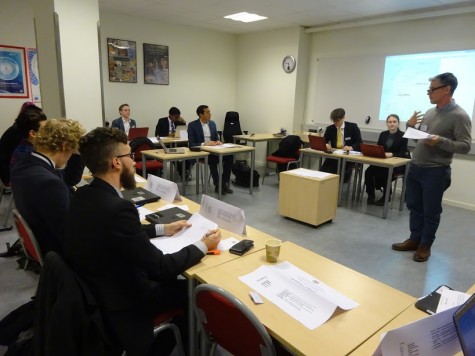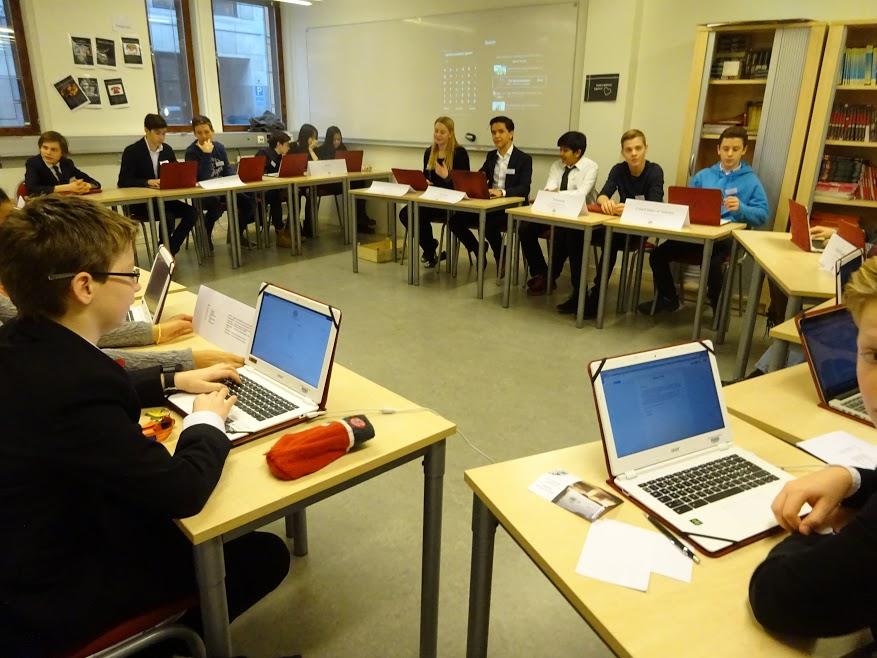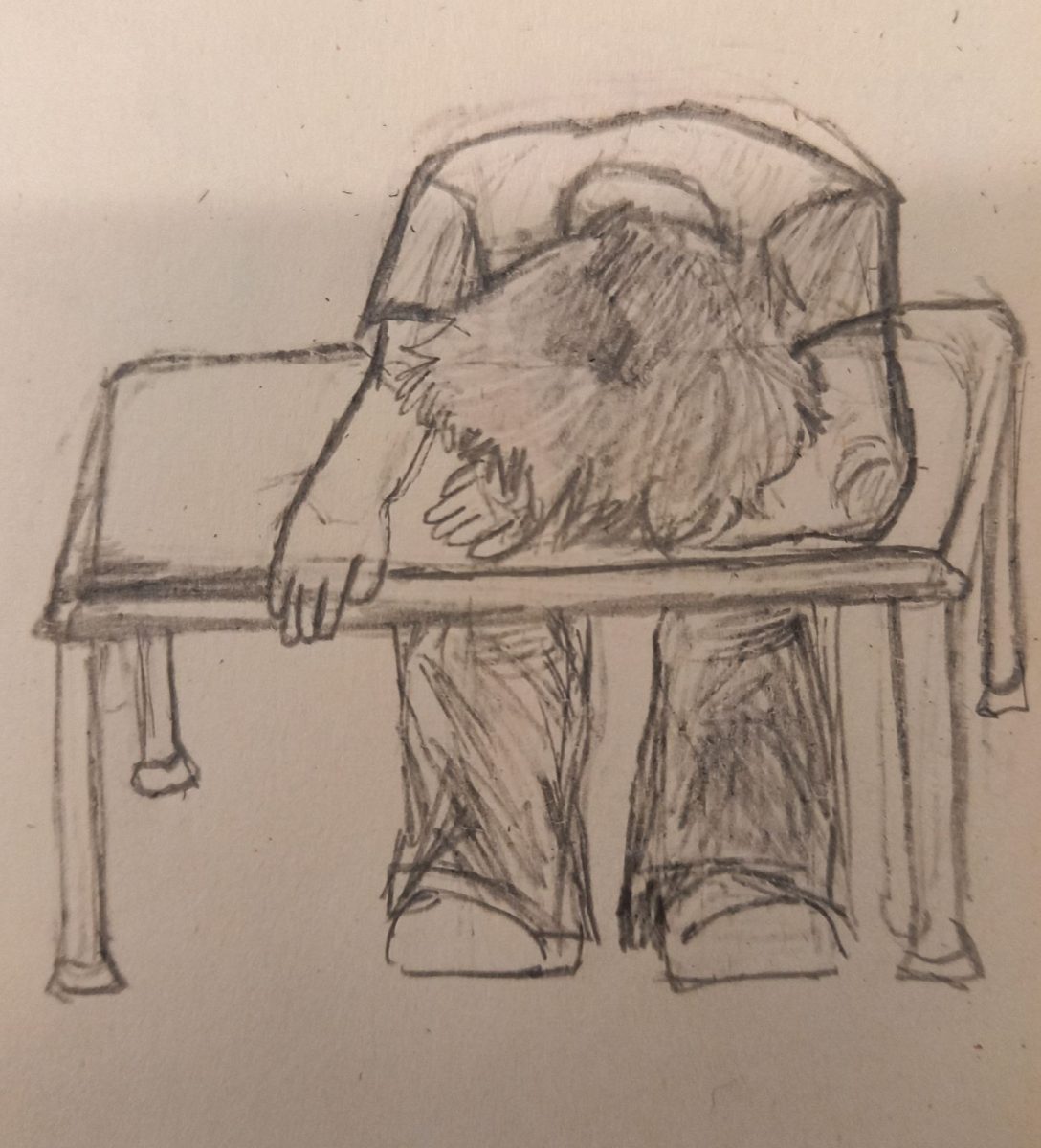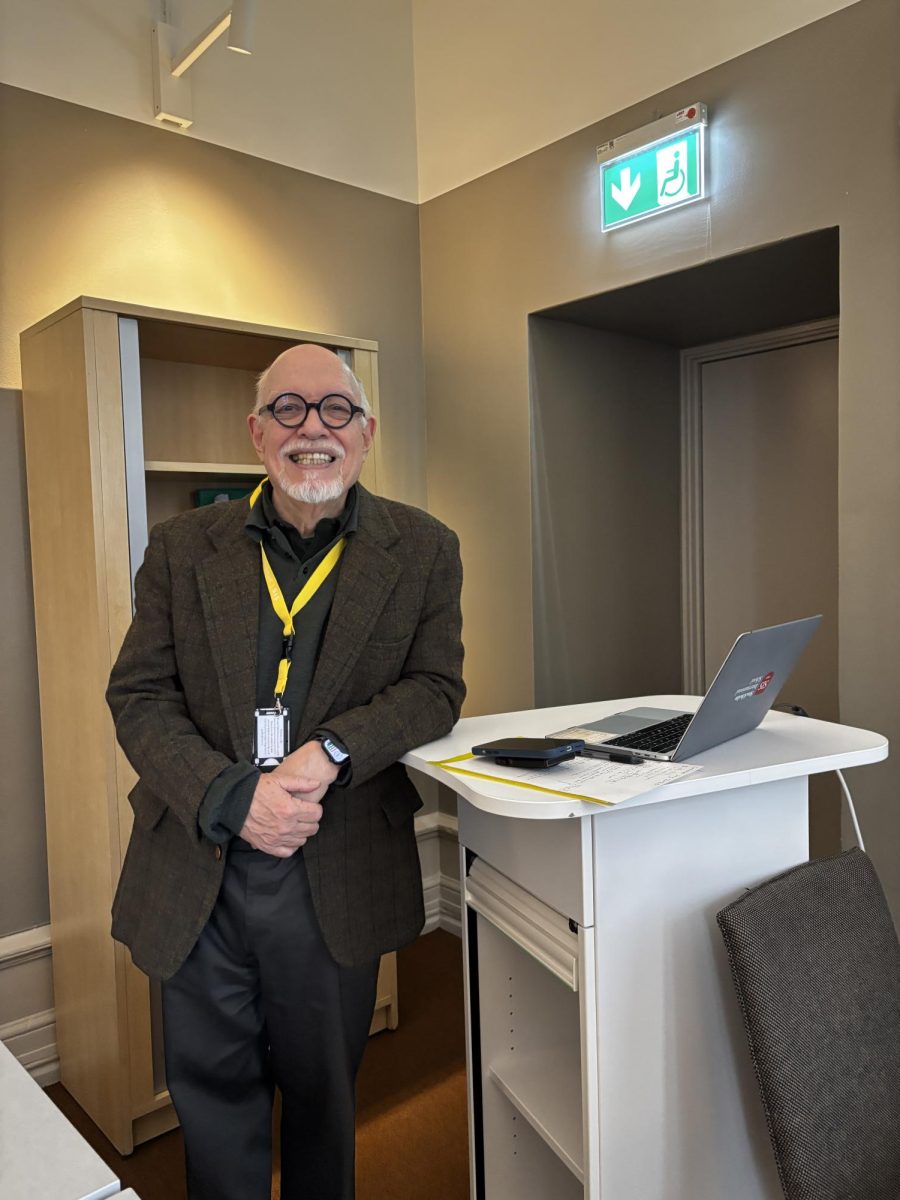Dazzling Discussions and Dedicated Debates
General Assembly Third Committee
February 12, 2016
The MUN conference has kicked off and the committees have had many interesting debates and discussions. Here are some of the topics discussed in the different committees this morning.
Security Council
The goal within the Security Council (SC) is to create an emergency response plan to facilitate the containment and eventual termination of outbreaks. Already there have been many debates on what should happen and what countries should take action. The day started off by taking attendance to see what countries are here. Unfortunately, the representative of South Africa did not come so the input of South Africa would not be heard. The SC then started to discuss how England and other larger countries should be sending troops to countries in need if and in the case of a potential outbreak. After 40 minutes of debating and talking to other countries the SC started to sit down and create clauses that would help the prevention and response of a potential outbreak.
Reporter: Philip S.
International Court of Justice
The International Court of Justice (ICJ) has the goal of overseeing justice between countries that have issues that need to be resolved by third party members. Today in the ICJ here at SISMUN there are two representatives from two different countries – Colombia and Ecuador. The main focus of today’s court is the issue of the spraying of aerial herbicides near the south of Colombia to try to eradicate the plantation of drugs and by cartels. The issue is that Ecuadorian citizens have been affected across the border because of possible extensive use of the aerial herbicides. Individuals in Ecuador are suffering from skin irritation, rashes, eye irritation, fever, and vomiting in the aftermath of the spraying. In hopes of solving this problem the representative of Ecuador wish that Colombia should work together and use techniques to eliminate the use of aerial herbicides. Ecuador doesn’t believe that Colombia needs to pay the damages made but as mentioned, wish that Colombia realises the spraying that is spreading to the northern parts of Ecuador and needs to change.
Reporter: Aaron L.

Photographer: Elena
General Assembly
The General Assembly (GA) deals with a range of social, humanitarian and cultural issues. The committee’s delegates opened up with their prepared speeches, where they all gave their standpoints on the threat of disease, and antibiotic resistance. The United States of America then commenced by declaring that they believe antibiotic resistance to be a myth. This sparked a whole lot of questions and directly created alliances and sided opinions. The South African delegates believe in providing antibiotics to the whole population, at the cost of reducing the amount to those in the private sector, Nigeria expressed the same view. Jordan only wants to receive aid to support their incoming refugees, and have struck a deal with the US to turn sand into a currency. India believes in the antibiotic research and disagrees with the US. They need to distribute health care and and increase sanitary facilities.
After the clauses had been made, the creation of two multinational groups with similar but yet opposed ideologies to some extent, split the nations. The first, SAAAHCI (South American, African and Asian Healthcare Implementation) aims to provide fairly distributed healthcare to all citizens within the nations who are members. It also aims to improve sanitary policies and increase facilities, to prevent disease. The second, NAHO (North Atlantic Healthcare Organisation) aims to improve a nation’s economy through the pharmaceutical industry, and collaborate in distribution of medication.
Most other clauses looked at how individual nations could improve their own healthcare systems. To summarise, the clauses aimed to improve sanitary facilities and to create policies to prevent infection, and regulate the usage of antibiotics to prevent antibiotic resistance from developing. Quotas would be set to limit the amount a nation could use antibiotics dependent on the size of the population. The creation of a UN task force was also implemented to assess if the use of antibiotics is in excess.
Reporter: Eric F.







